Winners and losers from the 2016-17 All-NBA team announcements
The All-NBA teams hold way more importance than simply serving as an award recognizing the 15 best players in a season.
The new Collective Bargaining Agreement left the earning potential of the league's stars not solely in the hands of players, agents, and general managers, but also in the hands of 100 media members who vote for the award.
With that in mind, here are the winners and losers in the wake of the 2016-17 All-NBA team announcements.
Losers: Gordon Hayward, Paul George
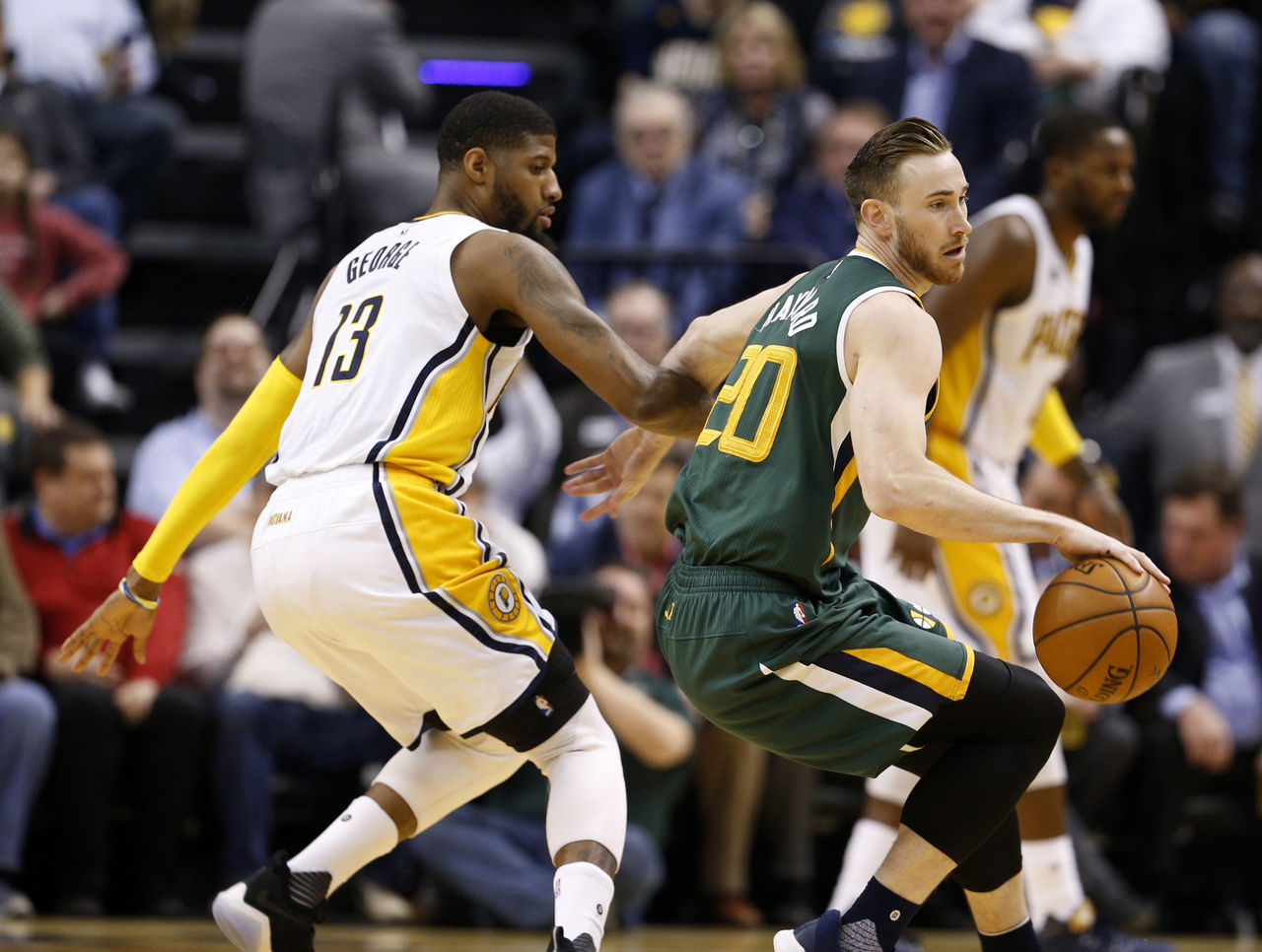
(Photo courtesy: Action Images)
The two players with the most money on the line (roughly $70 million) were George and Hayward.
Both could've earned the Designated Veteran Player Extension (DVPE) worth over $210 million had they been named to any of the three All-NBA teams. Unfortunately, both players fell just short as the two forwards with the most votes not to make it.
George must be kicking himself even more than Hayward, despite the two having comparable seasons. Hayward was fantastic for the Jazz and there was a case to be made that he deserved it over Jimmy Butler, but George shouldn't even have needed this vote whatsoever to get his money. He already has three All-NBA nods on his resume, yet he still fell short of the DVPE criteria.
The two talented forwards should still command $180-million max contract offers from their teams either this summer or the next, so their wallets will be stuffed regardless. However, their futures might be shaped by the opinions of select media members who omitted them from their ballots.
Winners: Lakers, Celtics
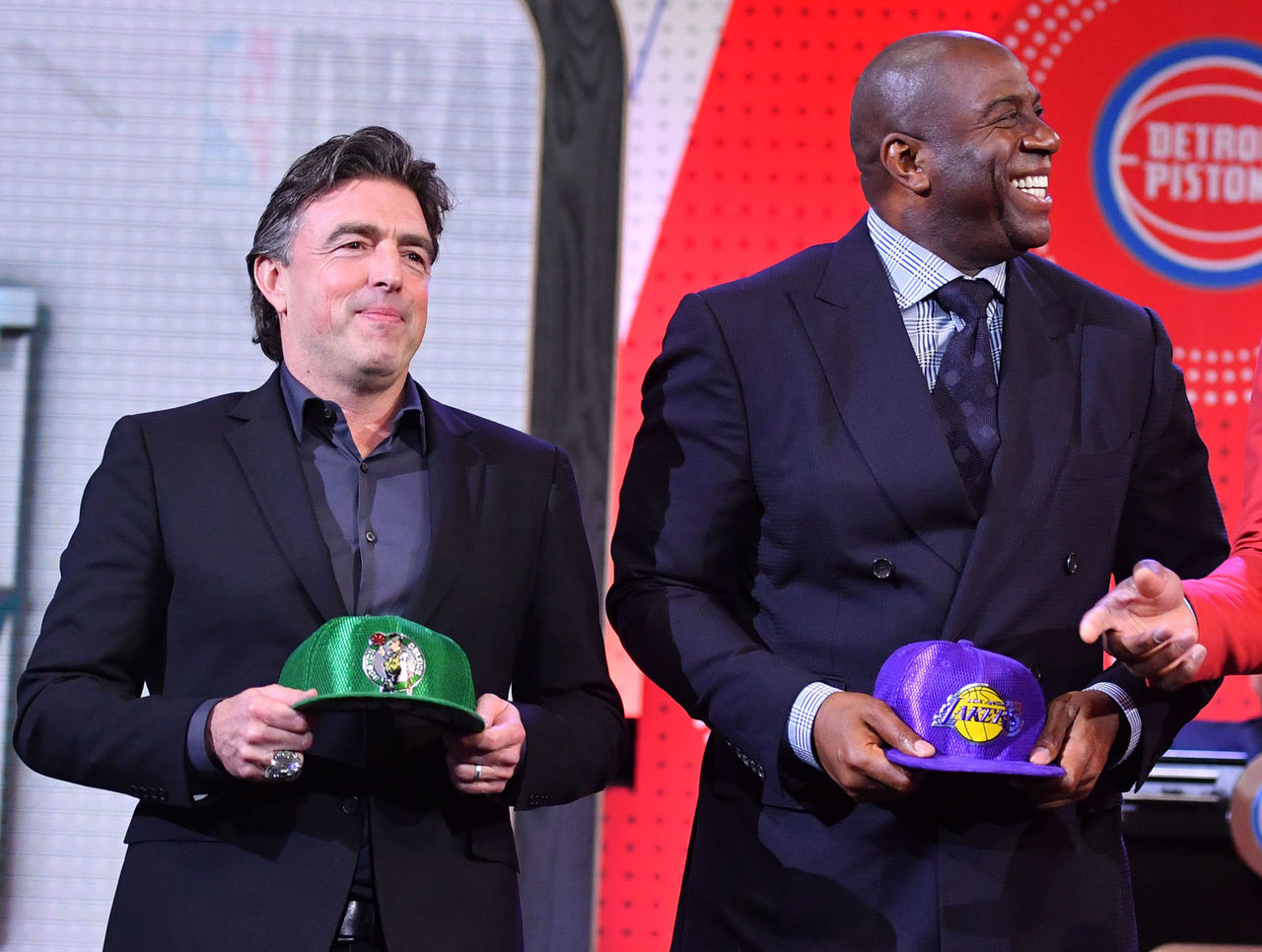
(Photo courtesy: Getty Images)
It's been a fantastic week for the NBA's two marquee franchises.
The Boston Celtics outlasted the Washington Wizards on Monday to advance to the Eastern Conference Finals, then won the No. 1 pick in the draft lottery Tuesday courtesy of former Brooklyn Nets general manager Billy King.
Now they can turn their thoughts to adding Hayward in free agency, since the Utah Jazz no longer have the heavy advantage of using the DVPE to retain their star. Signing Hayward and drafting projected top pick Markelle Fultz is not only a dream, but a distinct possibility for the surging Celtics.
The same applies for the Los Angeles Lakers. Not only did they keep their top-three protected pick, but they moved up the second slot and can now select hometown sensation Lonzo Ball.
Their pursuit of George also got a whole lot easier. Reports suggest the Pacers' star badly wants to be on the west coast, and without a DVPE to hold him financially, Indiana holds little leverage beyond the final year of George's contract. Will the Lakers trade for George this summer, or will they risk one more season apart to add George in free agency without giving up trade assets? Either way it appears the homecoming is inevitable.
Losers: Jazz, Pacers
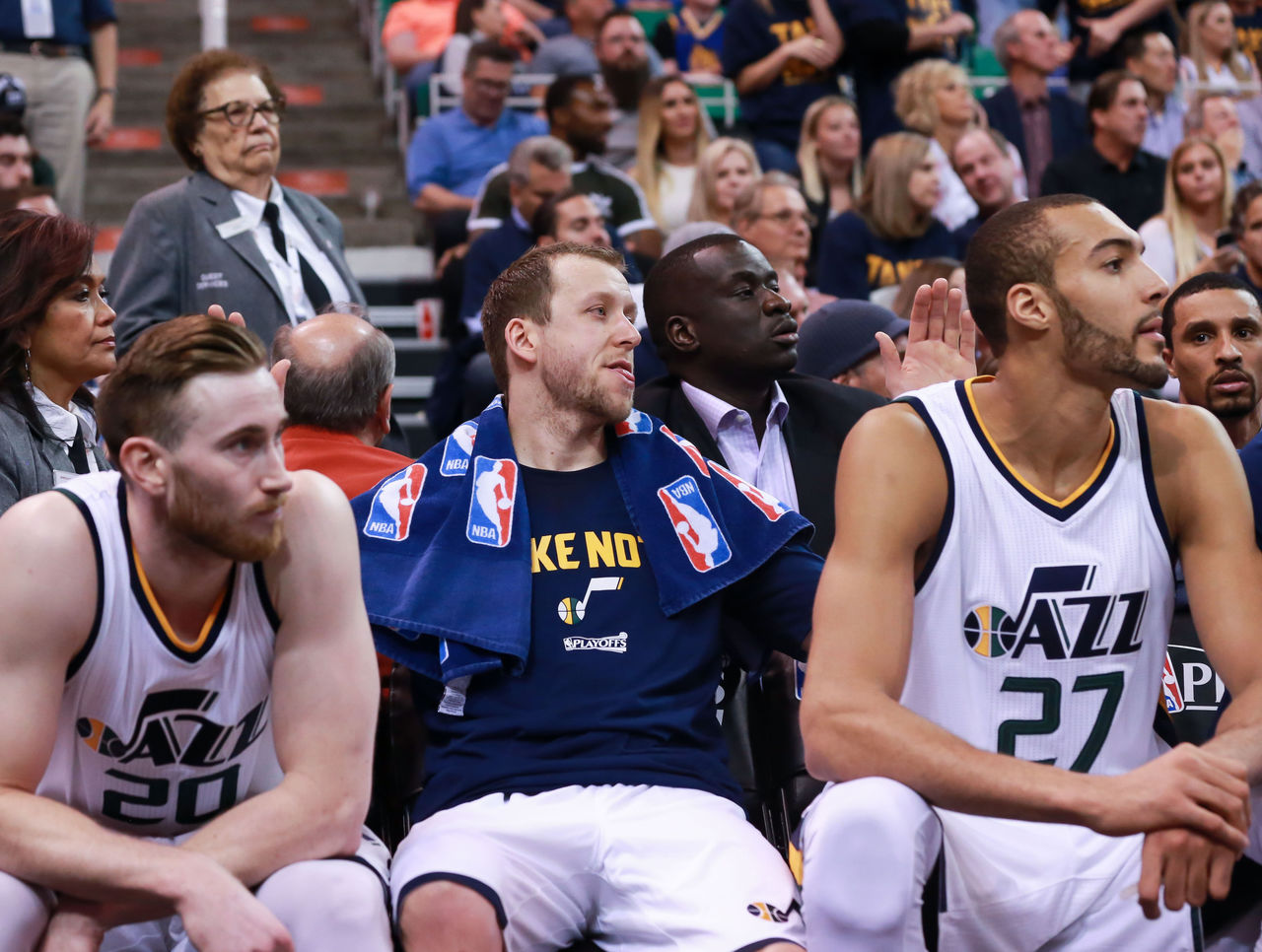
(Photo courtesy: Action Images)
The NBA is a cruel zero-sum game, which often sees the bigger markets like Boston and Los Angeles plunder the smaller franchises in Utah and Indiana.
There's no guarantee Hayward and George will leave their respective clubs. Both organizations built solid rosters around their stars, made the playoffs, championed each player as the faces of the franchise, yet that might not be enough to resist the allure of glitzier markets.
The latest CBA was signed with small franchises in mind. The idea was to give teams like Utah and Indiana - organically grown rosters with responsible management - more advantages in retaining their talent. But somehow the situation still wasn't in their hands - it was up to the media members that voted for the award.
Don't like it? Take it up with the league owners who constructed the CBA, and take it up with media members who didn't vote for Hayward and George.
Winner: John Wall
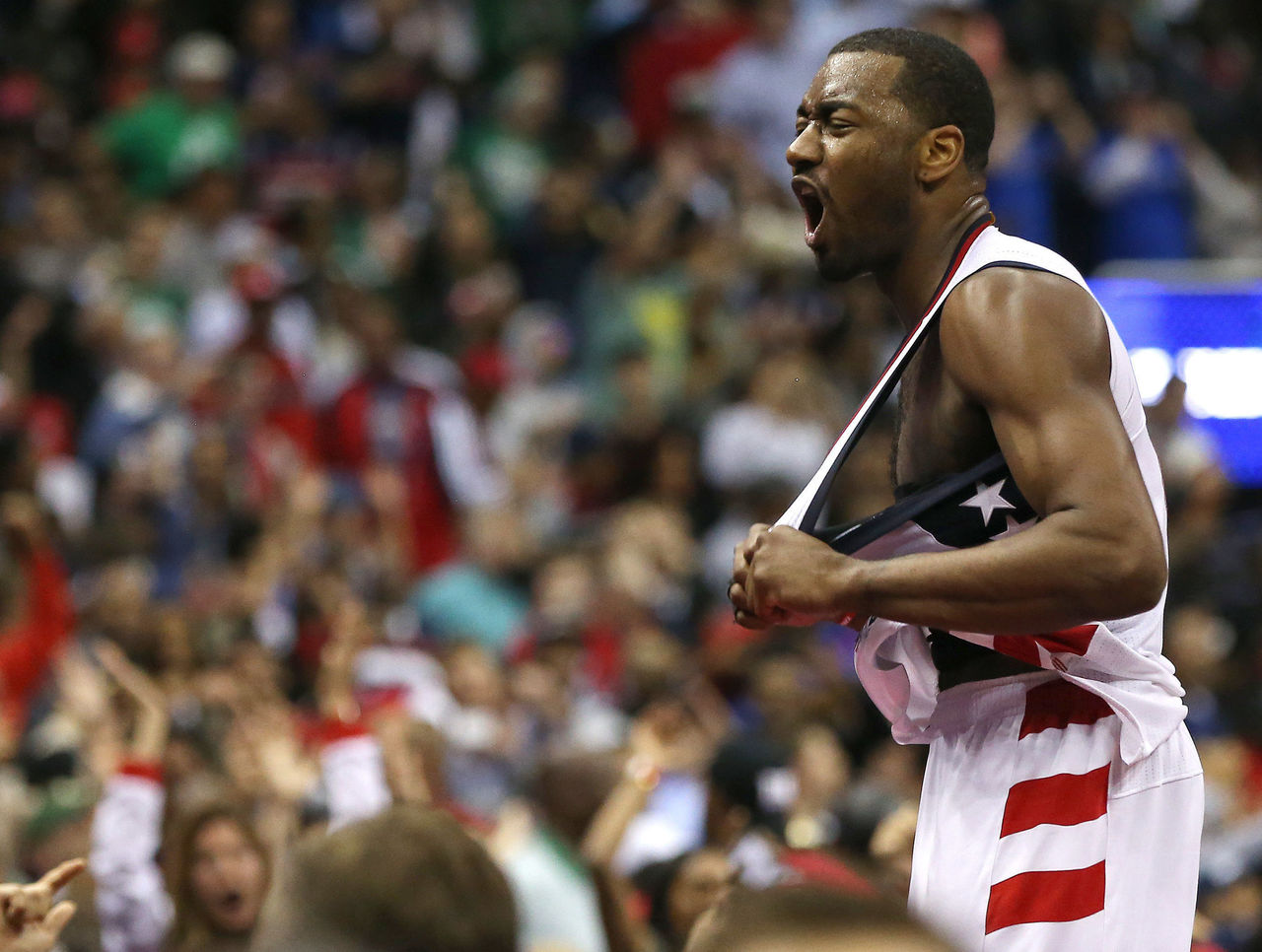
(Photo courtesy: Action Images)
The days of Wall being underpaid and underappreciated are over.
Wall overcame double knee surgery in the offseason, pieced together yet another stellar season, cemented his status as one of the best point guards in the game, and led his Washington Wizards to the postseason. He was phenomenal on both sides of the ball while pouring in 23.1 points, 10.7 assists, and two steals a night.
All these accomplishments finally earned Wall his first All-NBA nod, and with that comes the potential for a significant raise. Wall is locked in for two more years at the pre-cap spike maximum worth under $20 million a year, but the new CBA allows him to lock in a DVPE worth over $30 million. Granted, the cap-strapped Wizards would need to first offer him that contract, but they'd be mental to play hardball with their franchise player.
Loser: Chris Paul
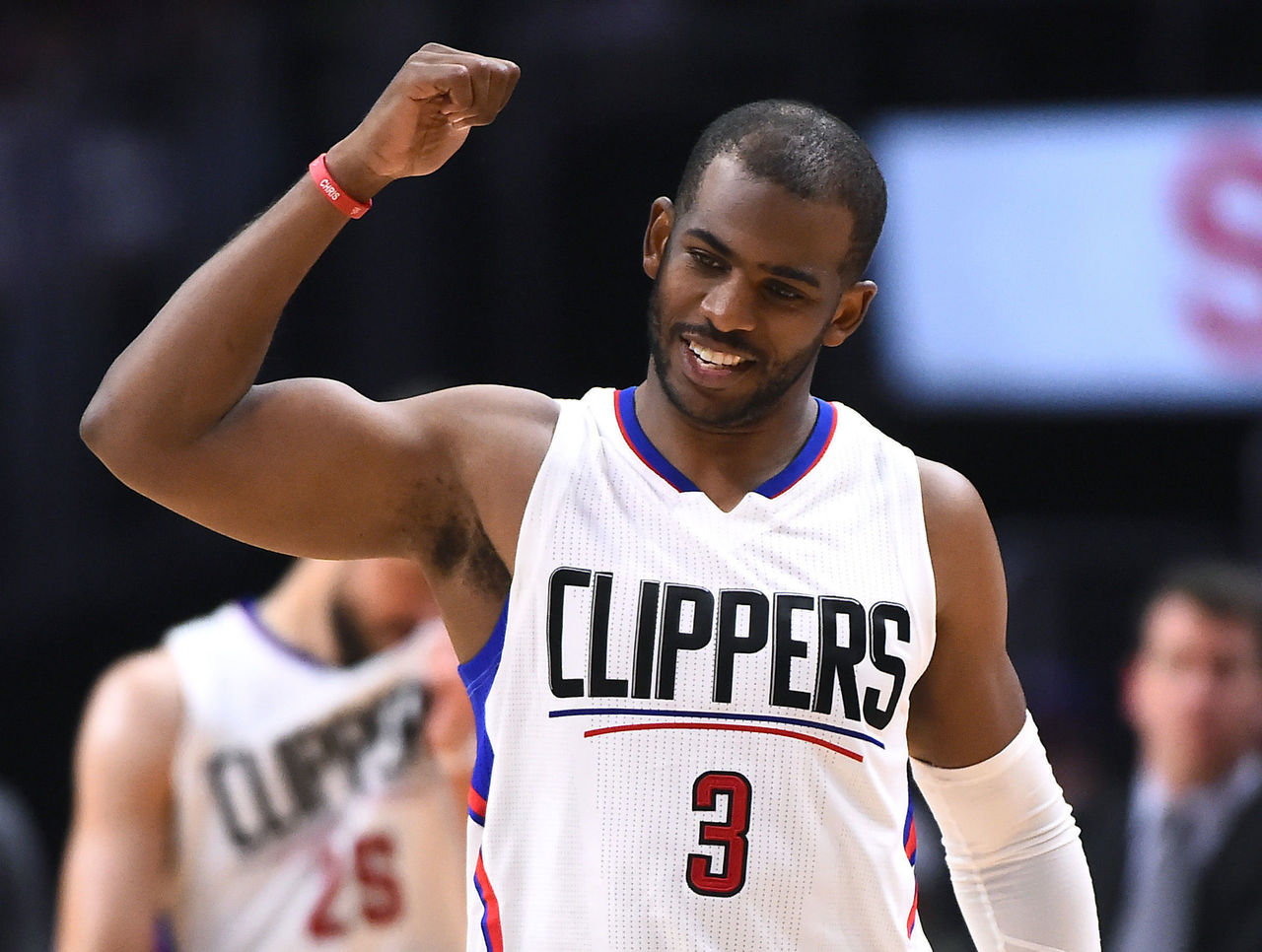
(Photo courtesy: Action Images)
How does Paul always manage to lose?
Paul would definitely have made the All-NBA team if it wasn't for a thumb injury that cost him 20 games. He led the league in ESPN Real Plus-Minus this season as the Point God pieced together yet another ridiculously efficient campaign on both sides of the ball.
There's even an argument to be made that Paul should have made it regardless - especially since he only came a few votes shy of the lowest All-NBA Third Team slot won by DeMar DeRozan. Paul did more for a better team in fewer games than Toronto's score-first guard and made more all-around contributions.
But alas, Paul's six-year string of All-NBA has now been snapped. Bring back the Sad Chris Paul meme.
Winner: Centers
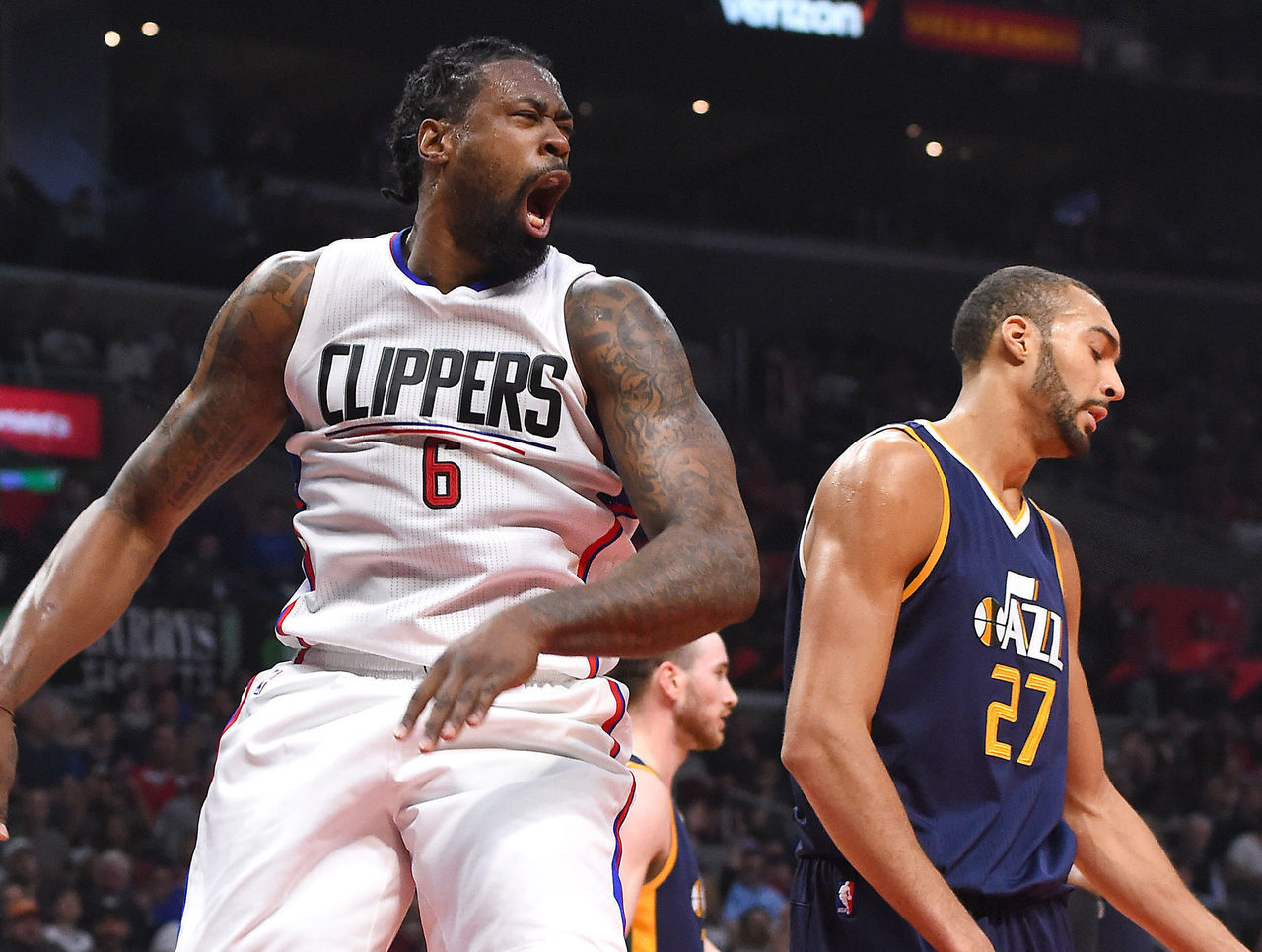
(Photo courtesy: Action Images)
With all due respect to defensive anchors Rudy Gobert and DeAndre Jordan, but are they really among the 15 best players in the NBA? Or would you rather have someone like George or Hayward?
Did Jordan and Gobert only make the All-NBA teams because the award remains beholden to the traditional notion of positions? Would they qualify for the All-NBA teams if voters weren't mandated to allot three votes for centers?
This isn't meant as a knock against Gobert nor Jordan, both of whom had fantastic seasons. Gobert is a favorite to win Defensive Player of the Year and Jordan led the league in field-goal percentage and defensive rebounding. The Jazz and Clippers might not even be playoff teams without them.
But it's clear to see based on the four finalists remaining in the title chase that the modern game is moving away from the paint and out to the perimeter. Centers aren't nearly as important as they were in the past - especially with positional versatility being all the rage - which is why All-Star Game voting already dropped the five spot from the ballot.
The All-NBA teams should celebrate the league's top 15 players at any given time. Giving centers three free passes just isn't reflective of how the game has evolved.